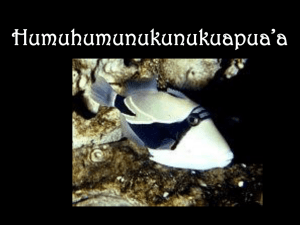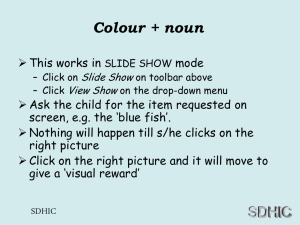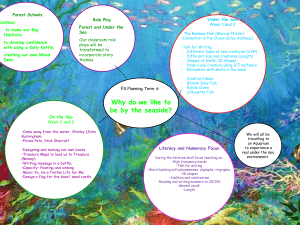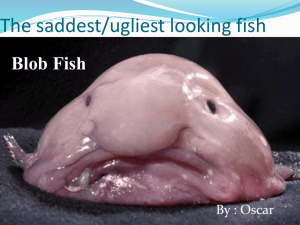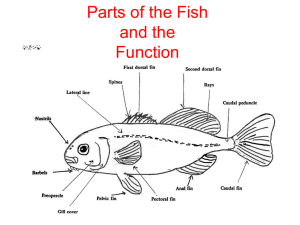The CIMI Log Book
advertisement
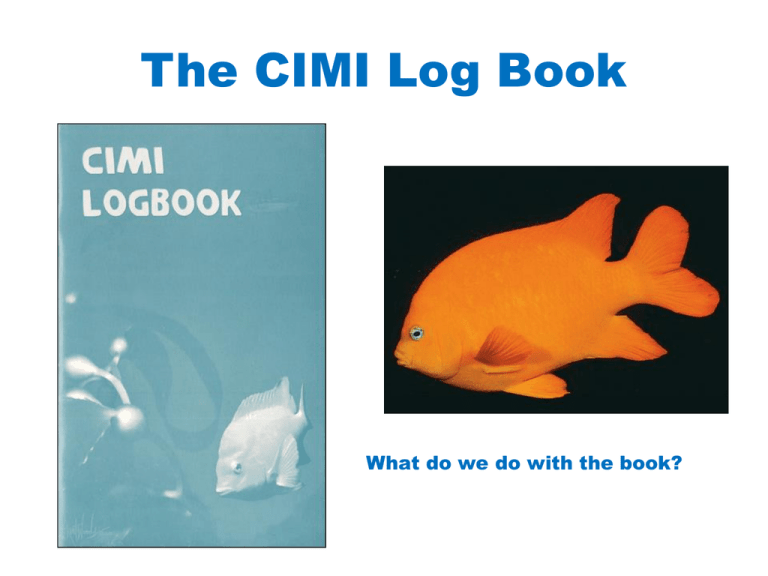
The CIMI Log Book What do we do with the book? Some pages will be used in the labs During the fish lab, for example, your instructor may ask you to fill out the parts of a fish. If you don’t do this in lab, we’ll do it at school. Other pages are an excellent reference you may use after CIMI and sixth grade The Language of Science is an example of a page that will help you learn beyond CIMI. What is an Odontocete? What is a Mysticete? This page tells how hunter gatherers used the plant This is a link to the ancient people you read about in Social Studies. Since your are going to do science as a scientist does . . . This page lists the invertebrate animals you may see at CIMI. Some of them will be seen in the Invertebrate Lab while others could be seen on a dive. Try and check off what you see by the day. Perhaps each evening before you go to bed, in the morning when you get up, or during labs. Do this each day so you don’t forget. Mantis Shrimp You should be able to see at least 13 of the 36 common species of fish listed on this page. One of the more colorful fish in Toyon Bay is the Blue Banded Goby. The fish is common, but they are small and live in rocks at a water depth of five feet or deeper. Reptiles, Amphibians, Birds, and Mammals Color the box solid or place a “x” in the box of the organisms you see. Leave blank what you don’t see! I’ll see who is paying attention ! Land Plants Note that with land plants, you’ll be asked to check if the plant was “Introduced” meaning it came to the island usually by humans. If it is “Native” meaning it is a plant native to Southern California. Finally, if the plant is “Endemic” meaning the plant lives no where else on the Earth. It is amazing to think that certain plants and animals live only on Catalina Island. Reflection and Evaluation The last four pages of the log book are for reflection and evaluation. You’ve taken risks and done new things. Writing and recording your memories helps you reflect and grow as a person. You can do these pages while you are at CIMI or over the weekend when you return. Be sure to answer the questions and note they are asking about your feelings. Could you use a simile? Many students have the most difficulty on the kayak as the partner teams never seem to get the paddles working together. Even if you experienced difficulty kayaking, you grew during the experience. The last page is for sketching – if you want Art is another way to interpret your experience. Use Contour or Gesture – your choice. We’ll finish the Log Books in Science Bring the log books to school on Monday.


